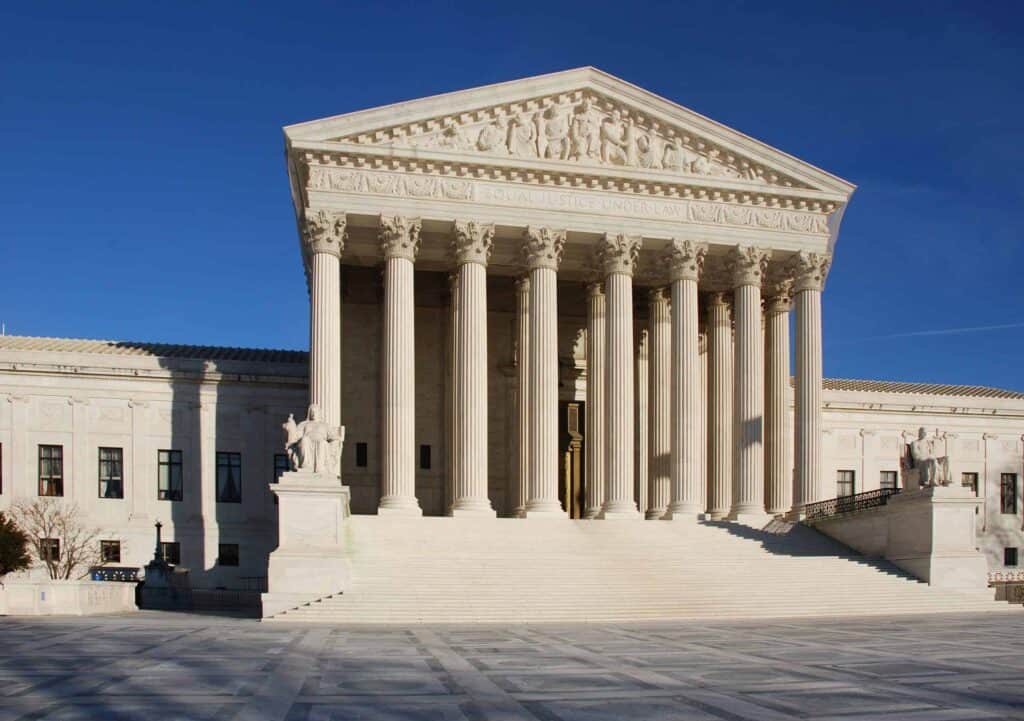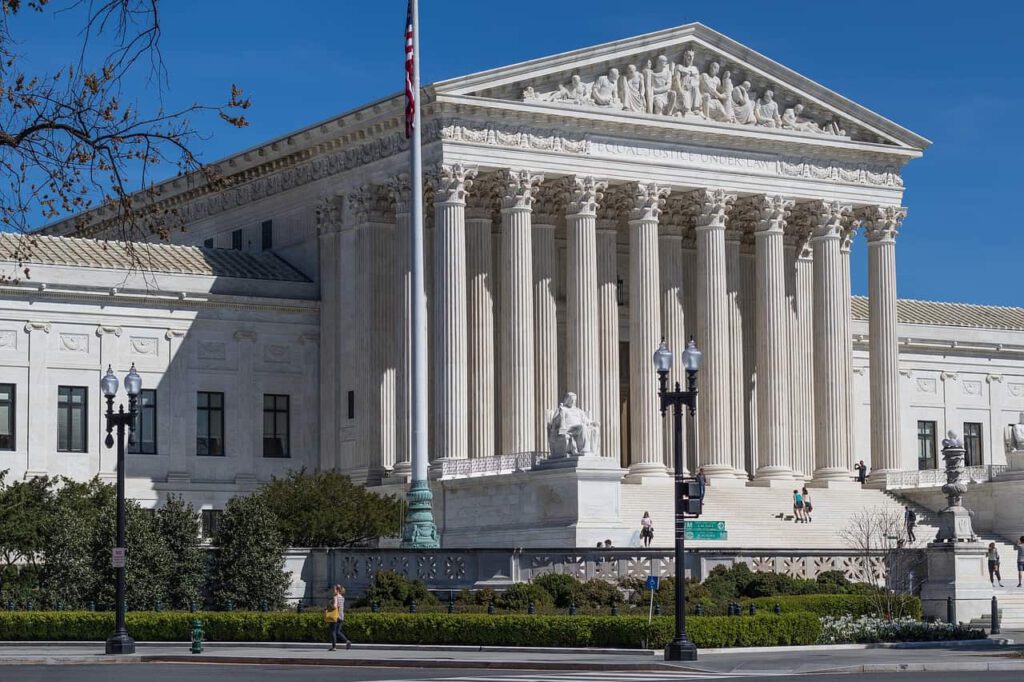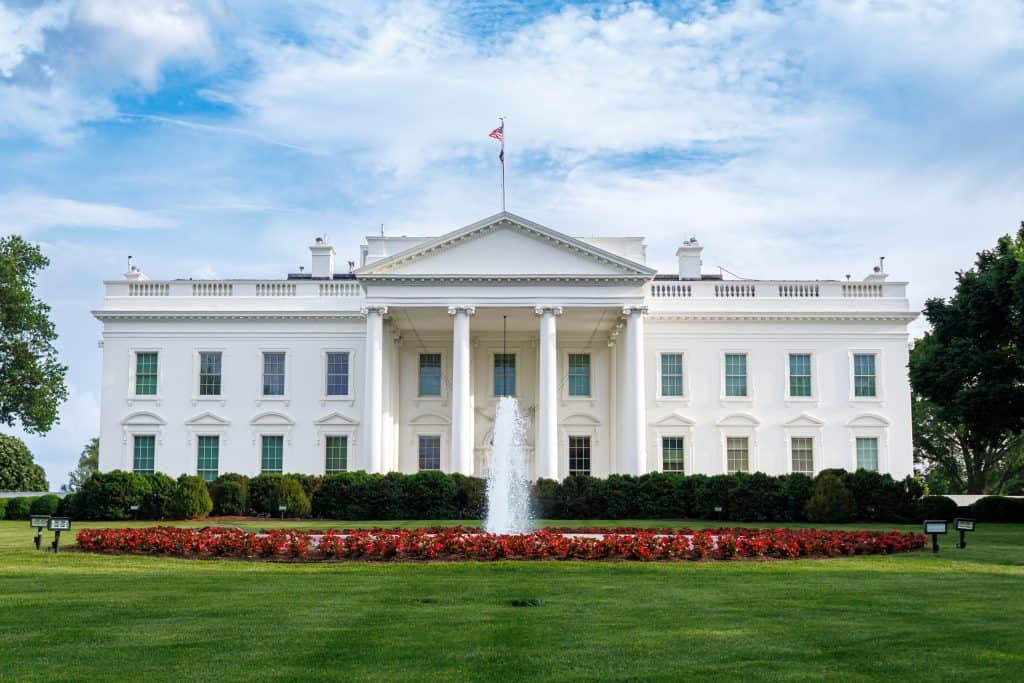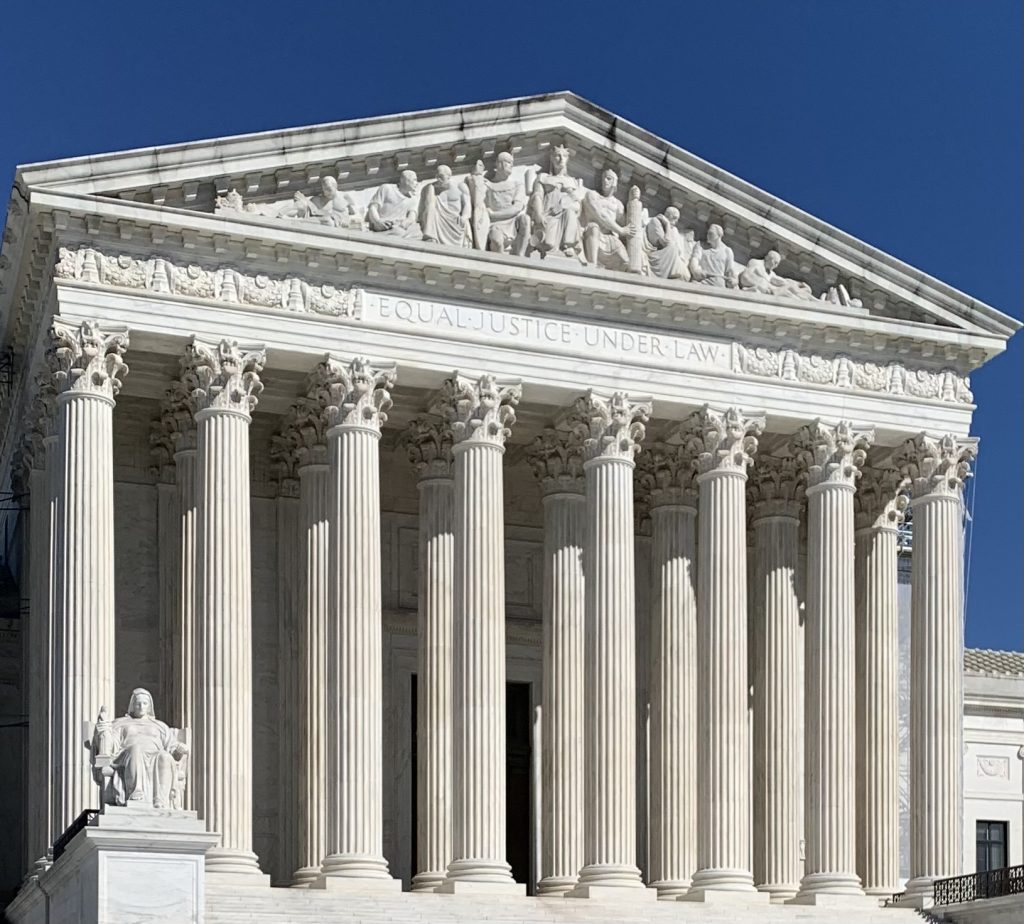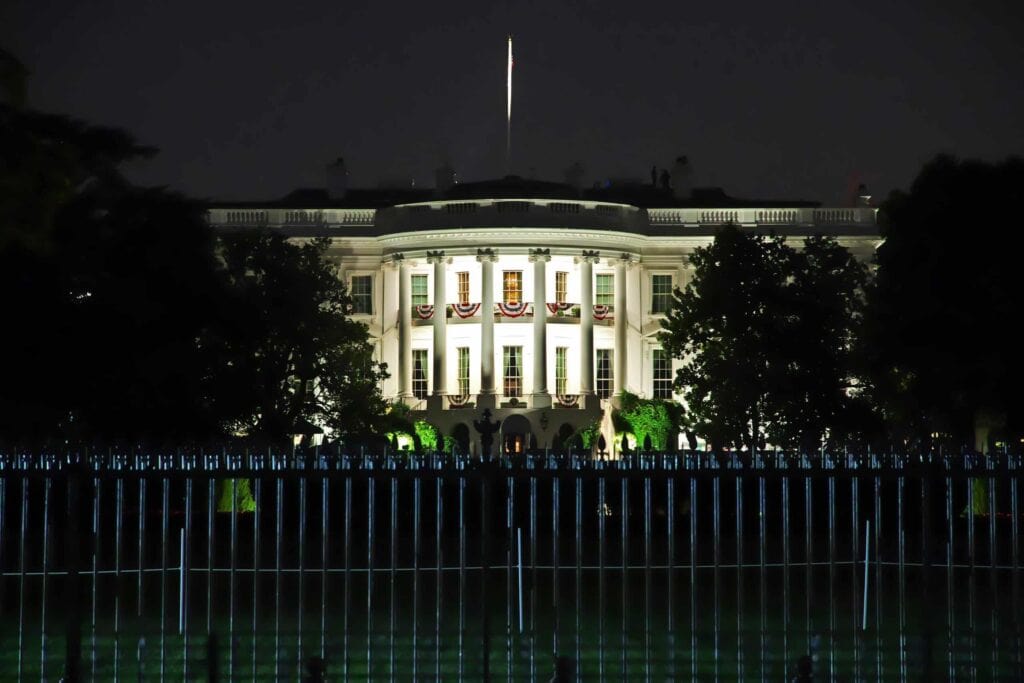NCLA Case Finder
Catholic Charities Bureau, et al. v. State of Wisconsin Labor and Industry Review Commission
Case Opened: November 17, 2025
Case Opened: November 17, 2025
Focus Area:
Agency: State of Wisconsin Labor and Industry Review Commission | State of Wisconsin Department of Workforce Development
Jurisdiction: SCOW
Role: Amicus
Potter v. Village of Ocean Beach
Case Opened: November 17, 2025
Case Opened: November 17, 2025
Focus Area:
Due Process Violations
Due Process Violations
Agency: Incorporated Village of Ocean Beach
Jurisdiction: SCOTUS
Role: Amicus
Barton v. SEC
Case Opened: November 17, 2025
Case Opened: November 17, 2025
Focus Area:
Agency: Securities and Exchange Commission
Jurisdiction: SCOTUS
Role: Amicus
Smirk & Dagger Games, et al. v. Trump
Case Opened: November 4, 2025
Case Opened: November 4, 2025
Focus Area:
Judicial Deference
Judicial Deference
Agency: Department of Homeland Security | U.S. Customs and Border Protection | President of the United States
Jurisdiction: D.C.
Role: Counsel
Trump v. Cook
Case Opened: October 29, 2025
Case Opened: October 29, 2025
Focus Area:
Agency: Board of Governors of the Federal Reserve System
Jurisdiction: SCOTUS
Role: Amicus
Dondero v. Jernigan
Case Opened: October 24, 2025
Case Opened: October 24, 2025
Focus Area:
Judicial DeferenceDue Process Violations
Judicial DeferenceDue Process Violations
Agency: Bankruptcy Court for the Northern District of Texas
Jurisdiction:
Role:
Trump v. Slaughter
Case Opened: October 17, 2025
Case Opened: October 17, 2025
Focus Area:
Agency: Federal Trade Commission
Jurisdiction: SCOTUS
Role: Amicus
Poore v. U.S.
Case Opened: September 26, 2025
Case Opened: September 26, 2025
Focus Area:
Agency: U.S. Sentencing Commission
Jurisdiction: SCOTUS
Role: Amicus
West Virginia v. B.P.J.
Case Opened: September 19, 2025
Case Opened: September 19, 2025
Focus Area:
Conditions on Spending
Conditions on Spending
Agency:
Jurisdiction: SCOTUS
Role: Amicus
Boyle v. Trump
Case Opened: August 18, 2025
Case Opened: August 18, 2025
Focus Area:
Agency: President of the United States
Jurisdiction: 4th Cir.
Role: Amicus
FIREDISC, Inc.; The Game Manufacturers Association; and Ryan Wholesale, Inc. v. President Donald J. Trump, et al.
Case Opened: July 21, 2025
Case Opened: July 21, 2025
Focus Area:
Judicial Deference
Judicial Deference
Agency: Department of Homeland Security | U.S. Customs and Border Protection | President of the United States
Jurisdiction: W.D. Tex.
Role: Counsel
V.O.S. Selections, Inc., et al. v. Trump
Case Opened: July 8, 2025
Case Opened: July 8, 2025
Focus Area:
Agency: U.S. Customs and Border Protection | President of the United States
Jurisdiction: SCOTUS, Fed. Cir.
Role: Amicus
LHL Realty Company DC v. District of Columbia
Case Opened: July 1, 2025
Case Opened: July 1, 2025
Focus Area:
Judicial DeferenceDue Process Violations
Judicial DeferenceDue Process Violations
Agency: District of Columbia
Jurisdiction: DCCOA
Role: Amicus
In the Matter of Rev. Father Emmanuel Lemelson
Case Opened: June 3, 2025
Case Opened: June 3, 2025
Focus Area:
Agency: Securities and Exchange Commission
Jurisdiction:
Role: Counsel
Issak v. University of Tennessee
Case Opened: June 2, 2025
Case Opened: June 2, 2025
Focus Area:
Administrative Speech Controls
Administrative Speech Controls
Agency: University of Tennessee-Knoxville
Jurisdiction: E.D. Tenn.
Role: Counsel
Learning Resources and hand2mind v. Trump, et al.
Case Opened: May 8, 2025
Case Opened: May 8, 2025
Focus Area:
Agency: Department of Homeland Security | U.S. Customs and Border Protection
Jurisdiction: SCOTUS, D.C. Cir., D.C.
Role: Amicus
Kennedy v. Braidwood Management, Inc.
Case Opened: May 2, 2025
Case Opened: May 2, 2025
Focus Area:
Conditions on Spending
Conditions on Spending
Agency: Department of Health and Human Services
Jurisdiction: SCOTUS
Role: Amicus
Trump v. Wilcox ; Bessent v. Harris
Case Opened: April 14, 2025
Case Opened: April 14, 2025
Focus Area:
Agency:
Jurisdiction: SCOTUS
Role: Amicus
Stewart v. Walz
Case Opened: April 9, 2025
Case Opened: April 9, 2025
Focus Area:
Due Process ViolationsAdministrative Speech Controls
Due Process ViolationsAdministrative Speech Controls
Agency: Minnesota Gov. Timothy Walz
Jurisdiction: D. Minn.
Role: Counsel
Simplified, et al. v. Trump, et al.
Case Opened: April 3, 2025
Case Opened: April 3, 2025
Focus Area:
Judicial Deference
Judicial Deference
Agency: Department of Homeland Security | U.S. Customs and Border Protection | President of the United States
Jurisdiction: N.D. Fla., CIT
Role: Counsel
NCLA v. FBI and Department of Justice
Case Opened: April 2, 2025
Case Opened: April 2, 2025
Focus Area:
Due Process Violations
Due Process Violations
Agency: Federal Bureau of Investigation | Department of Justice
Jurisdiction: D. Columbia
Role: Counsel
Smith v. SEC and FINRA
Case Opened: March 26, 2025
Case Opened: March 26, 2025
Focus Area:
Due Process Violations
Due Process Violations
Agency: | Securities and Exchange Commission
Jurisdiction: 6th Cir.
Role: Counsel
Martin v. U.S.
Case Opened: March 14, 2025
Case Opened: March 14, 2025
Focus Area:
Due Process ViolationsUnreasonable Searches
Due Process ViolationsUnreasonable Searches
Agency: Federal Bureau of Investigation | United States
Jurisdiction: SCOTUS
Role: Amicus
Heroes Technology v. Consumer Product Safety Commission
Case Opened: February 6, 2025
Case Opened: February 6, 2025
Focus Area:
Due Process Violations
Due Process Violations
Agency: Consumer Product Safety Commission
Jurisdiction: D.C. Cir.
Role: Counsel





